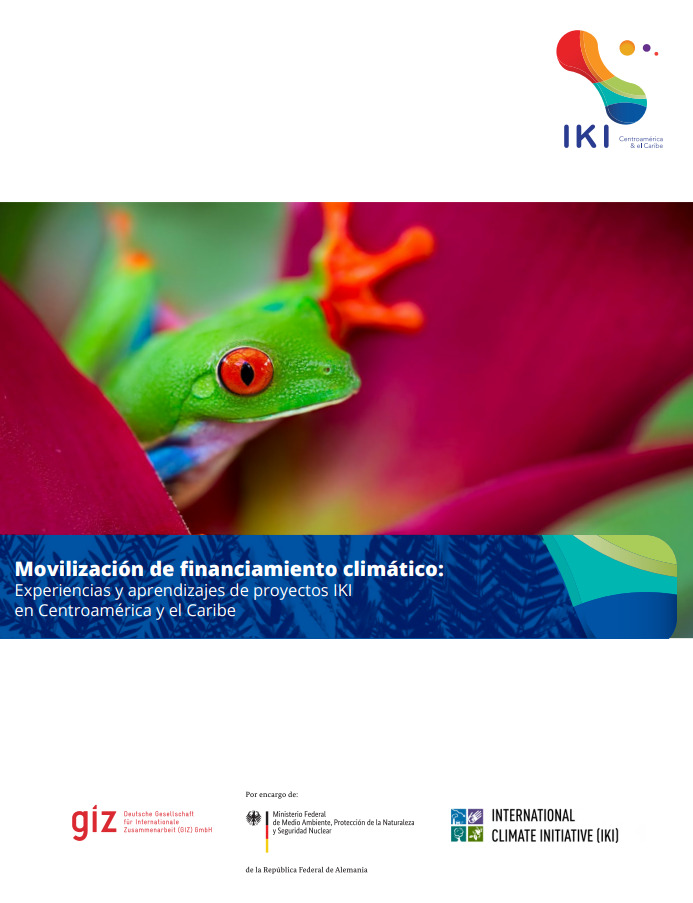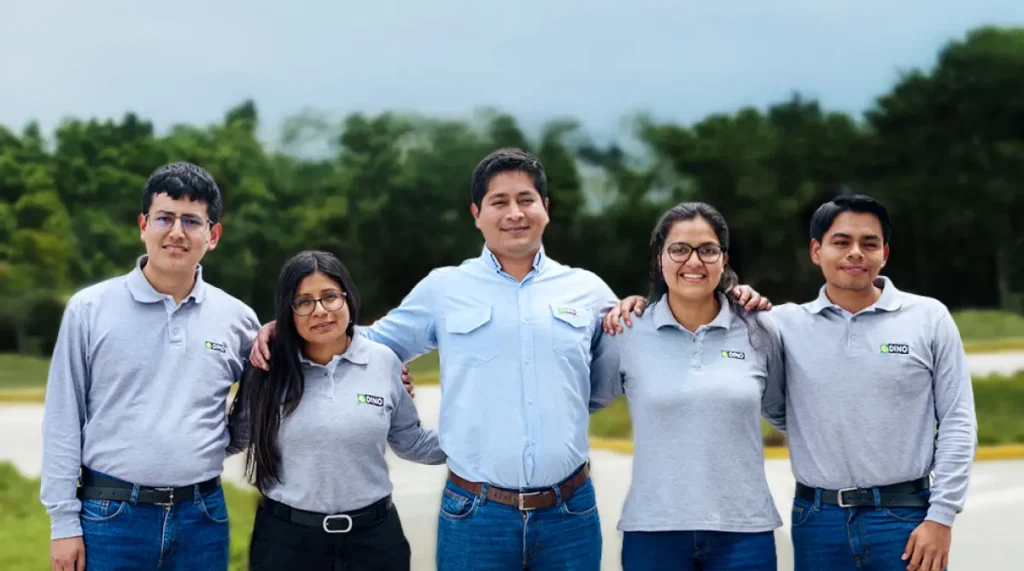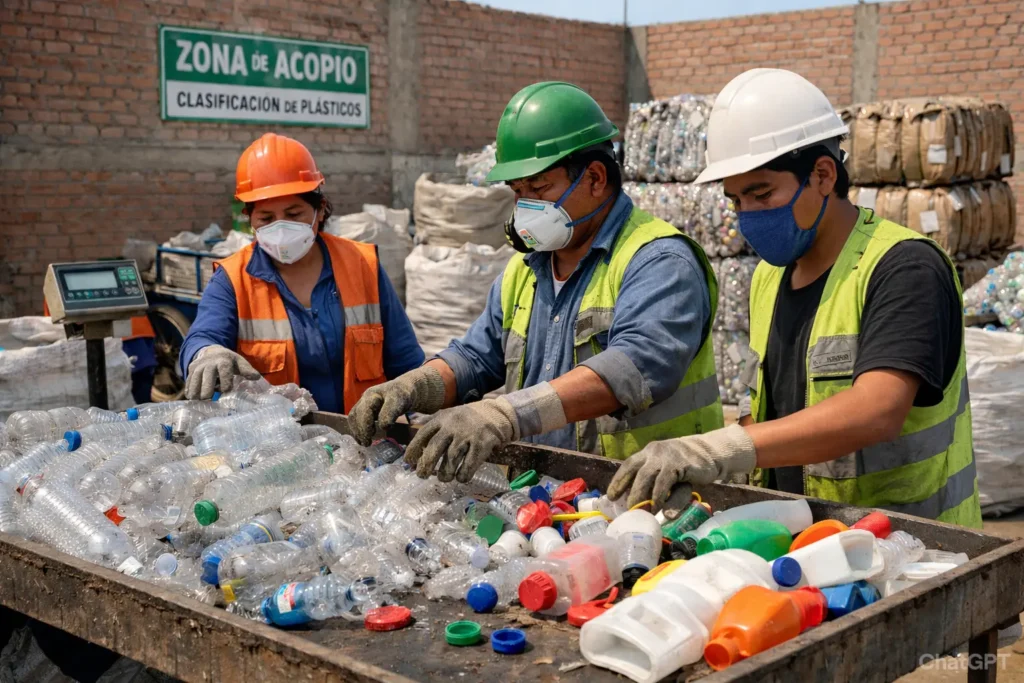The countries of Central America and the Caribbean are among the most vulnerable to the effects of climate change. In the last few months alone, we have seen how the region has been hit by the consequences of this crisis: torrential rains led to severe flooding in the Costa Rican Caribbean, hurricanes Eta and Iota left a trail of devastation in Nicaragua, Honduras and Guatemala, hurricane Grace wreaked havoc in the Caribbean countries. On the other hand, the region's economies are highly dependent on capital movements and investment flows through global value chains, which increasingly internalize aspects of sustainability and decarbonization.
In this regard, it is urgent to accelerate climate action with a view to achieving the ambitious goals of the Paris Agreement before it is too late. This requires leveraging new financial resources at the regional, national and - above all - subnational levels of each country. For this, support from international cooperation alone is insufficient. The public and private sectors play a central role in triggering initiatives and financing mechanisms that provide continuity and sustainability of investments in the medium and long term. A new publication presents a series of success stories from Central America and the Caribbean aimed at mobilizing additional funds for climate action and compiles the main lessons learned.
Experiences from eight initiatives are united in a single publication
The publication entitled "Mobilizing Climate Finance: Experiences and Lessons Learned from IKI Projects in Central America and the Caribbean"presents the results of the first systematization of experiences in this area at the regional level. Through eight testimonies from countries such as Costa Rica, El Salvador, Guatemala, Grenada, Trinidad and Tobago (and more!), this document explores some of the opportunities that exist to generate new mechanisms for mobilizing funds, or to strengthen already established mechanisms.
For Andreas Villar of the German Development Cooperation GIZ, it is urgent to address the issue of finance within the framework of climate change, as it has long-term implications that are important in political, economic and financial terms.
"We are proud to present this publication, which compiles different efforts made by projects financed by IKI in the Central American and Caribbean region, allowing us to learn lessons and identify opportunities to generate and strengthen mechanisms for mobilizing climate finance," added Villar.
From success stories to the biggest challenges
Did you know that Costa Rica has a tariff that promotes the responsibility of the hybrid resource? The Biological Corridors project, in conjunction with various public and private stakeholders, established an additional charge that drinking water supply service providers regulated by the Costa Rican Public Services Regulatory Authority (ARESEP) can voluntarily incorporate into the service charge to finance projects aimed at protecting water resources at the supply sites.
In addition, Belize, Grenada, Jamaica, St. Lucia, St. Vincent and the Grenadines, and Trinidad and Tobago established the Livelihood Protection Policy, a parametric micro-insurance policy that provides financial support following the occurrence of extreme weather events. This mechanism helps to prevent people who depend on activities vulnerable to climate events, such as agriculture, fishing and tourism, from being forced into harmful coping mechanisms, including selling assets, removing children from the education system or suspending loan repayments.
The lessons learned include the need for capacity building, the importance of positioning the culture of co-responsibility, as well as the appropriation and involvement of the relevant actors, and the value of seeking strategic alliances that can demonstrate a solid technical and ethical track record.
"Exchanging knowledge and deepening our understanding of how climate finance works becomes more relevant than ever in a context where our countries require green and feasible solutions to recover economies after the pandemic, while sustaining or increasing climate and environmental ambitions," Villar concluded.
Download the publication at Spanish o English.
GIZ as a reference in Climate Finance
The publication was developed by GIZ in Costa Rica as part of its mandate as a knowledge manager between countries in Central America and the Caribbean, on behalf of the German Federal Ministry for the Environment, Nature Conservation and Nuclear Safety (BMU).
GIZ has extensive experience in the area of climate finance, accompanying key actors in Costa Rica in the development and implementation of new formats and mechanisms aimed at mobilizing new financial flows, as well as developing methodologies that allow the tracing of public, private and international climate finance flows.




